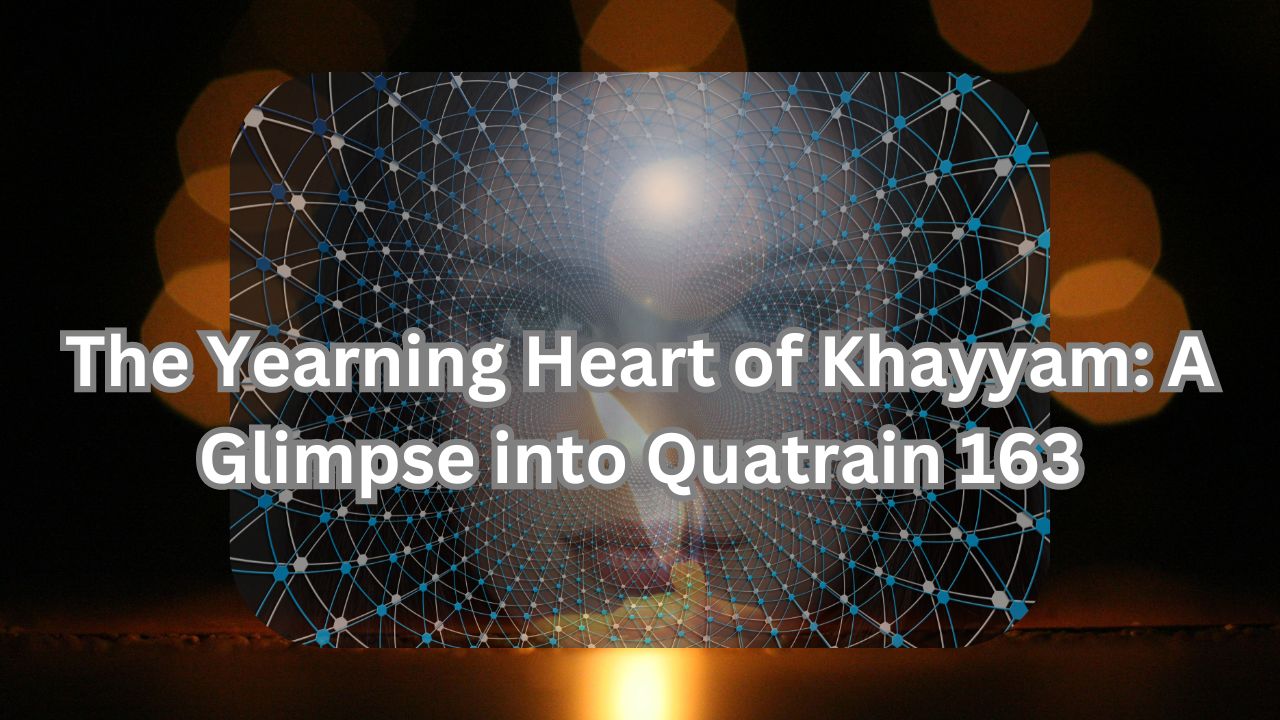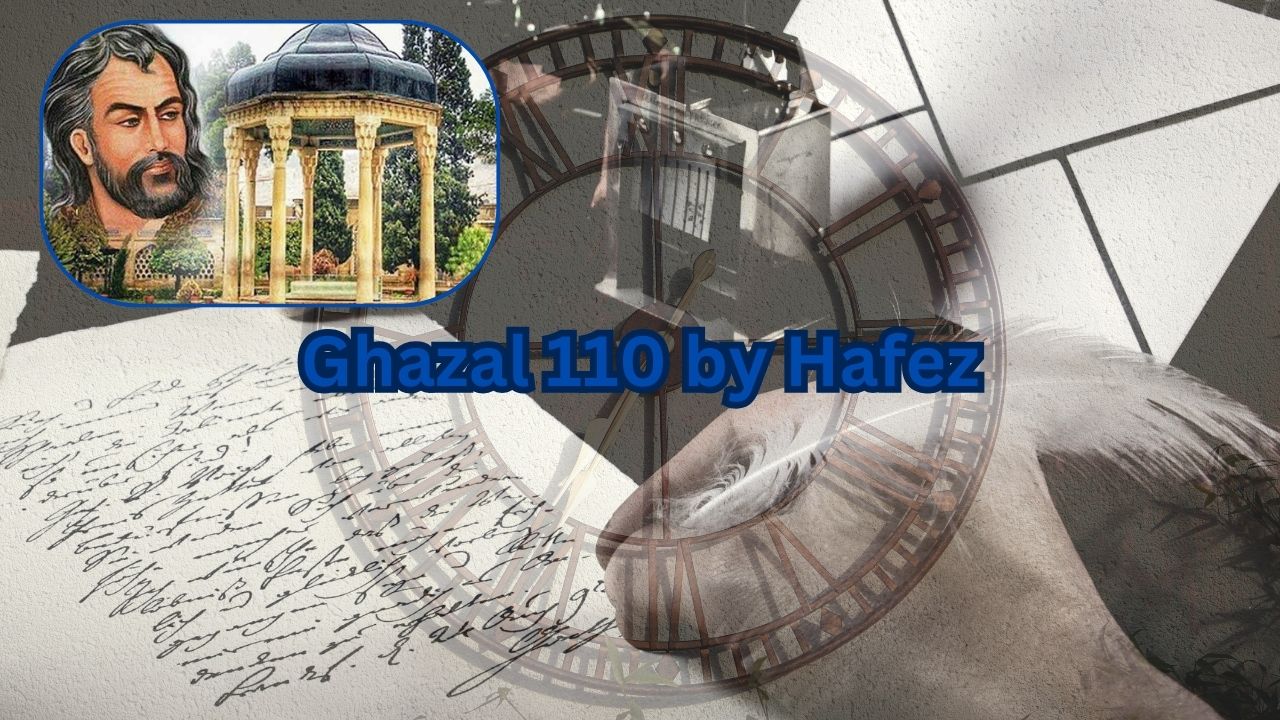Omar Khayyam, the renowned Persian poet and philosopher, is celebrated for his verses that goes deep into the complexities of human existence. His quatrains, often filled with a blend of wisdom, skepticism, and a touch of melancholy, have resonated with readers for centuries. Today, we explore one of his poignant couplets. Quatrain 163 from Rubaiyat of Omar Khayyam. Let’s read the Persian poem first and then its translation.
ای کاش که جای آرمیدن بودی
یا این ره دور را رسیدن بودی
کاش از پی صد هزار سال از دل خاک
چون سبزه امید بر دمیدن بودی
*“I wish you were a place of rest, Or that this long journey had an end.
I wish that after a hundred thousand years of dust, Like a hopeful sprout, I could grow and ascend."*
In these lines, Khayyam expresses a profound yearning. The first couplet reveals a weariness with life, a desire for oblivion or an end to the arduous journey of existence on earth. The poet seems to question the purpose of life, suggesting it as a long, arduous path without a clear destination. What is the purpose of life on this planet? What’s this long journey for?
However, Khayyam expresses his hope in the second couplet. The image of a sprout breaking through the soil after a millennium signifies a yearning for renewal, a chance for rebirth, or perhaps even an afterlife. This duality of despair and hope is characteristic of Khayyam’s poetry. Khayyam wishes after this long and difficult journey every single person has in this world, all with their own stories, there could be a hope of a new life.
Khayyam’s words continue to resonate with readers today. His exploration of life's complexities and the human condition remains as relevant as ever. Through his poetry, we are invited to contemplate our own place in the world and to ponder the eternal questions of existence.





